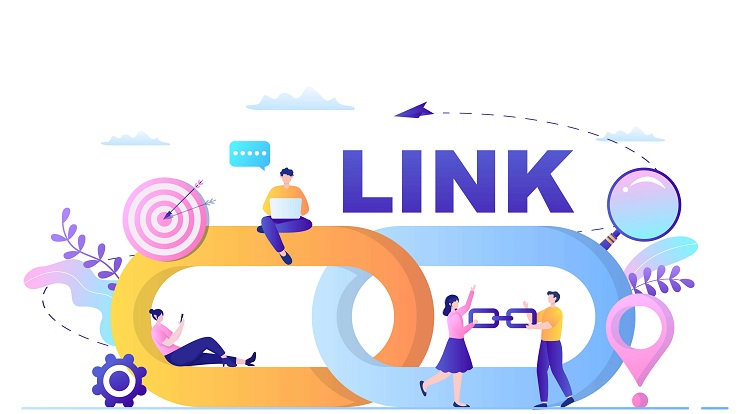AngularJS, a popular open-source JavaScript framework developed by Google, has gained a strong following among developers since its debut in 2010. Known for its powerful features and ability to streamline the process of building dynamic web applications, AngularJS is a valuable skill for any aspiring web developer. In this article, we’ll explore the time it takes to learn AngularJS, the factors that can influence the learning curve, and some tips to help you master this powerful framework more efficiently.
Table of Contents
ToggleThe AngularJS Learning Curve
The time it takes to learn AngularJS varies depending on a variety of factors, such as the individual’s prior experience with JavaScript, their familiarity with web development concepts, and the resources available for learning. For a beginner with a solid foundation in JavaScript and web development, it may take anywhere from a few weeks to a few months to become proficient in AngularJS. However, the learning curve can be shortened or lengthened depending on the factors outlined below.
Factors Influencing the Time It Takes to Learn AngularJS
- Prior Experience with JavaScript: A strong foundation in JavaScript is crucial for learning AngularJS. Those with limited or no experience with JavaScript may find that it takes longer to learn AngularJS, as they’ll need to become proficient in JavaScript before diving into the framework.
- Familiarity with Web Development Concepts: Knowledge of web development concepts, such as HTML, CSS, and the Document Object Model (DOM), can significantly impact the time it takes to learn AngularJS. A deeper understanding of these concepts can help learners grasp AngularJS concepts more easily, shortening the learning curve.
- Commitment to Learning: The amount of time and effort dedicated to learning AngularJS can greatly affect how quickly one becomes proficient. Setting aside regular, focused study sessions and engaging with the material consistently will lead to a faster mastery of AngularJS.
- Quality of Learning Resources: The availability of high-quality learning resources, such as tutorials, documentation, and online courses, can also impact the time it takes to learn AngularJS. Utilizing well-structured, comprehensive resources can facilitate a more efficient learning process.
Tips for Learning AngularJS More Efficiently
- Establish a Solid JavaScript Foundation: Before diving into AngularJS, ensure you have a strong grasp of JavaScript. This will make learning AngularJS concepts easier and more efficient.
- Utilize High-Quality Learning Resources: Seek out reputable tutorials, online courses, and documentation to guide your learning process. Engaging with comprehensive, well-structured resources can facilitate a more efficient learning experience.
- Apply Your Knowledge Through Practice: Regularly practice your AngularJS skills through hands-on projects and coding exercises. This will help solidify your understanding of the concepts and techniques you’re learning.
- Join a Community: Connect with other AngularJS learners and developers through online forums, social media groups, or local meetups. Sharing knowledge, asking questions, and discussing challenges with peers can accelerate the learning process.
Conclusion
In summary, the time it takes to learn AngularJS can vary widely depending on an individual’s prior experience with JavaScript, familiarity with web development concepts, commitment to learning, and the quality of learning resources available. With a focused approach, high-quality resources, and consistent practice, learners can expect to become proficient in AngularJS within a few weeks to a few months. By following the tips outlined in this article, you can optimize your learning process and master AngularJS more efficiently, opening doors to exciting web development opportunities.

